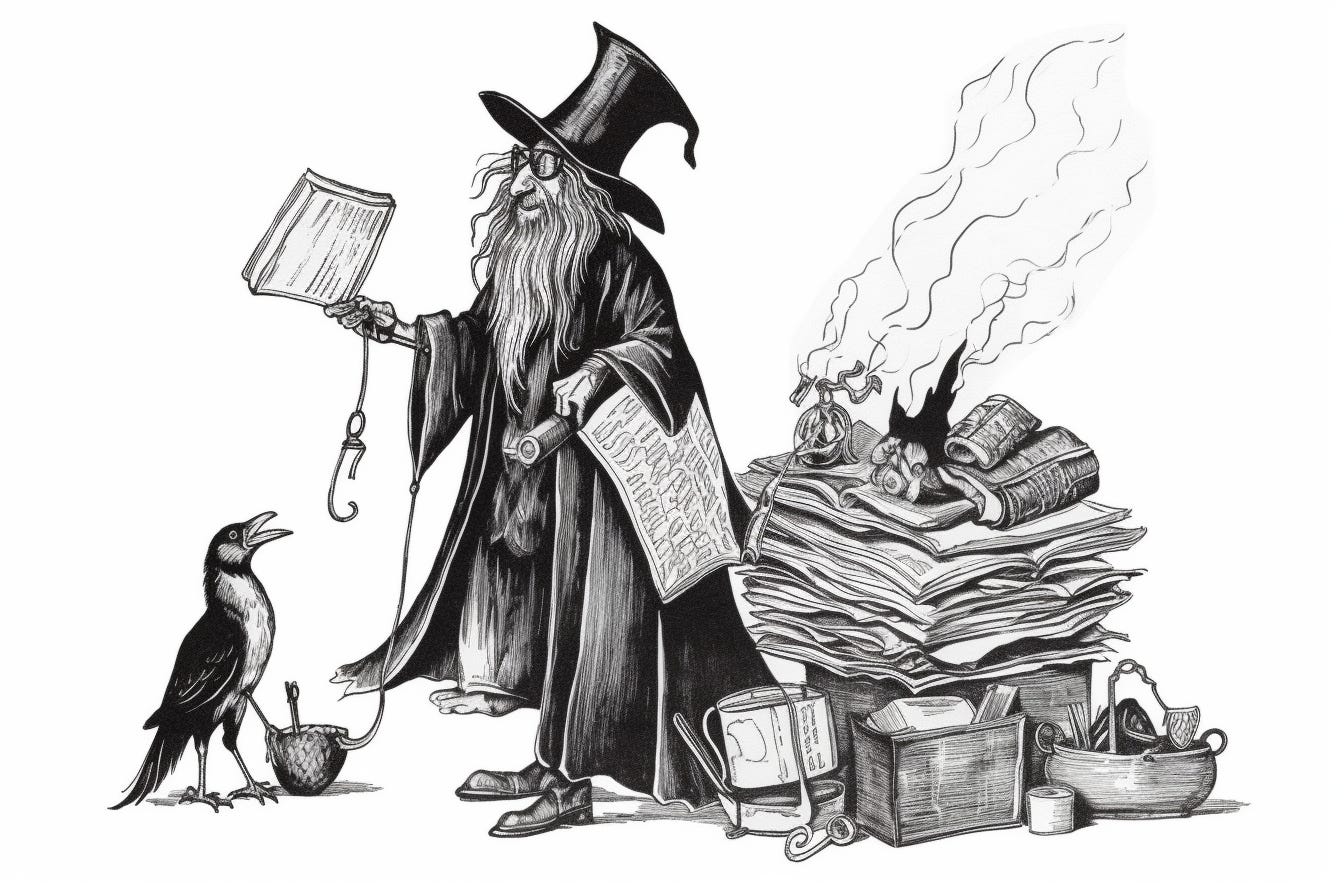Self-Help Books Don't Have to Suck
How to read them without rolling your eyes
The best time to read a self-help book is sometime before you actually need to, because when you actually have a problem, you are:
In crisis mode and generally impatient about spending lots of time reading things that are not directly related to solving your problem, even though they may give you orthogonal or tangential tools for solving your problem.
Generally less open-minded and more tunnel-visioned as the problem closes in on you and adds pressure.
Sufficiently self-conscious about having a personal problem that reading a book about it feels really, really lame.
Because of these three reasons, when you are already having problems, self-help material either really really hits the spot exactly right and feels completely life changing, or doesn’t hit the spot at all and feels like a terrible and boring waste of time.
By the time you are in a crisis, your option space has narrowed to the point that attempting to solve your problem is like trying to thread a very fine needle—and often, the best possible paths forward for you are either no longer available or harder to find.
The chance that you will find the exact right book, at the exact right time becomes slim. When you are in this mode, you either have to:
Hope you have the right tools already to solve the problem
Be really good at making new tools on-the-fly
Have some good friends (who have solved your kind of problem before, are really good at making new tools for you, or can follow your problem-stack at the correct level of detail).
For this reason, I like to pick a self-help-type book to read every three months, just as part of my quarterly book reading. I usually follow either my personal interests or recommendations from other people I trust, but the point is not to try to solve existing problems; the point is to read a cool book, and build out some frameworks that I may unexpectedly find useful later in my life, so that when I am in the stage where I “hope I have the right tools to solve the problem” I have a big toolbox.
Using this method, in three years, you will have twelve new cool frameworks for solving problems, versus zero new frameworks if you steer clear of the genre entirely.
You will also have been, over the years, looking at links between frameworks, meaning that for practical purposes your problem-solving toolkit will contain more than the sum of its parts. This means that you will have developed a tremendous archive of strategies and stockpile of resources to use whenever you find yourself faced with a problem.
When I pick out books, I usually read:
Something I am immediately intrinsically drawn to and feel like reading.
A recommendation from a good friend.
Something that is one-to-three levels more “intense” and “skills-based” than I think I need. For example, a book about dealing with PTSD breakdowns, how to keep calm in a medical emergency, or Persian hospitality.
A book written by a cool person I respect.
These shouldn’t be annoying to read: reading these books on a regular rotation should feel good! The point is to read the books when it feels good and feels interesting and fun, versus as a desperate Hail Mary attempt in a crisis.
I like reading them with friends, and rereading books or sections that made an impression on me every few years. I also like reading several different books in parallel, so that a self-improvement book is not the only book I am reading at any given time. While I am reading a book on self-improvement, I also like to read a book about wasps, how cars work, or something else that is external focused so that the self-improvement book feels lighter.
Really good books that everybody should have in their queue, no matter what:
Never Split the Difference - Learn how to negotiate when the stakes are high
Unbound - Learn how dominance and submission affect daily life
After the Honeymoon - Learn how to have more effective fights
The Subtle Art of Not Giving a Fuck - A slap in the face to get your head out of your ass
Greenlights - Matthew McConaughey’s memoir on how to make hard decisions
Existential Kink - Learn techniques for integrating your Jungian shadow-self
Capturing Saddam - Eric Maddox’s memoir on interrogation techniques without torture


